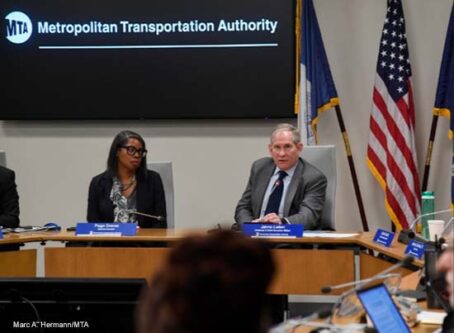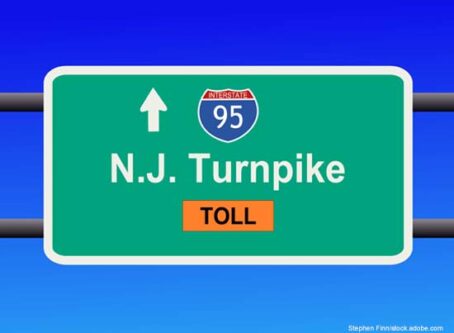M-CORES toll program in Florida is officially dead
Florida Gov. Ron DeSantis signed a bill into law that effectively ends the controversial M-CORES toll program.
On Thursday, June 24, Gov. DeSantis put his signature on SB100, which repeals Florida Statute 338.2278. That statute enacts the Multi-use Corridors of Regional Economic Significance program, more commonly known as M-CORES.
However, SB100 only eliminates the M-CORES program but not all of the toll projects. M-CORES established toll roads on the following corridors:
- Suncoast Connector, extending from Citrus County to Jefferson County.
- Northern Turnpike Connector, extending from the northern terminus of the Florida Turnpike northwest to the Suncoast Parkway.
- Southwest-Central Florida Connector, extending from Collier County to Polk County.
M-CORES’ Suncoast Connector extends the Florida Turnpike, and the Northern Turnpike Connector extends the Suncoast Parkway toll road. Also, the Southwest-Central connector calls for building a new toll road. SB100 gets rid of the Southwest-Central connector. However, the legislature found that the extension of the Florida Turnpike from its northerly terminus is in the “strategic interest of the state.”
Therefore, the remaining two connectors will continue to move forward. The Suncoast Connector has been modified. That road will use U.S. 19 and connect to Interstate 10 in Madison County rather than Jefferson County.
Although many who oppose M-CORES are satisfied with SB100, some are not.

In a news release, No Roads to Ruin, a group organized specifically to stop the program, says the repeal is not enough.
“The good news is that one proposed road has been eliminated; the bad news is that the other two proposed roads remain,” the group said in a statement. “In total, the governor’s action falls woefully short of eliminating the original M-CORES threat and realizing the transportation needs of Florida.”
M-CORES is the work of former Senate President Bill Galvano, who introduced the program in in SB7068, which was signed into law in May 2019. The bill instructs the Florida Department of Transportation to have a task force for each corridor submit a report to the governor.
In November, the task forces submitted their final M-CORES report to DeSantis. All three reports found that there was no specific need for the toll roads, sending a major blow to supporters.
Despite opposition and the final reports, Galvano doubled down on his support for M-CORES. In a statement, Galvano said stopping the projects could have economic consequences to rural communities as the state recovers from the damages caused by the pandemic. One area the task force had to consider was high-speed internet access in rural communities. Galvano was term-limited last year and is no longer in the Senate.
However, the House and Senate listened to their constituents by introducing and passing SB100 with a 115-0 vote and 39-1 votes, respectively. Sen. Janet Cruz, D-Tampa, was the lone vote against it. LL









